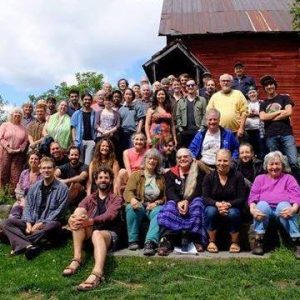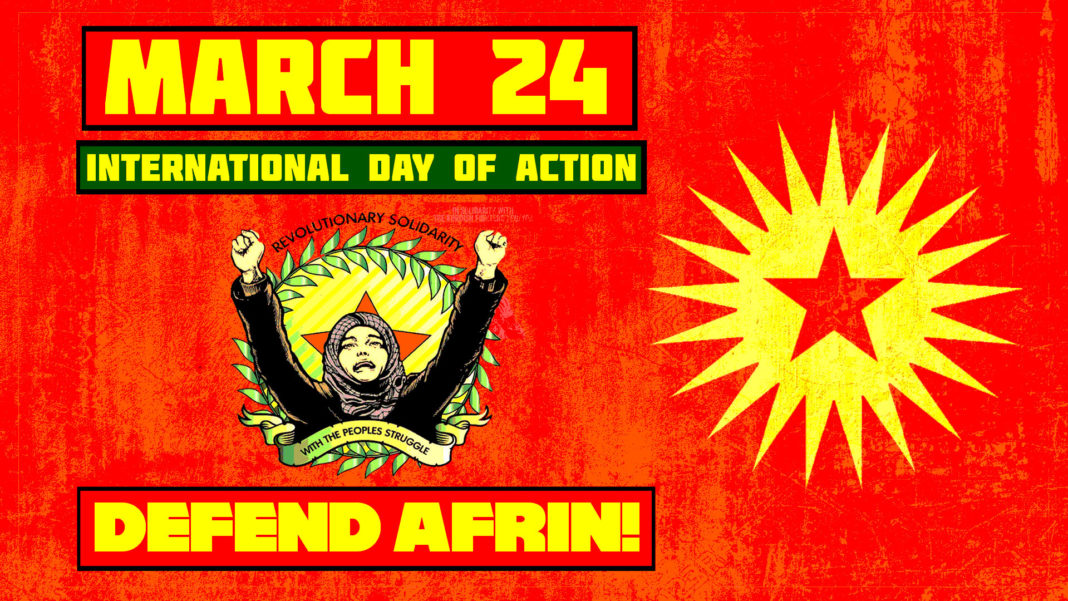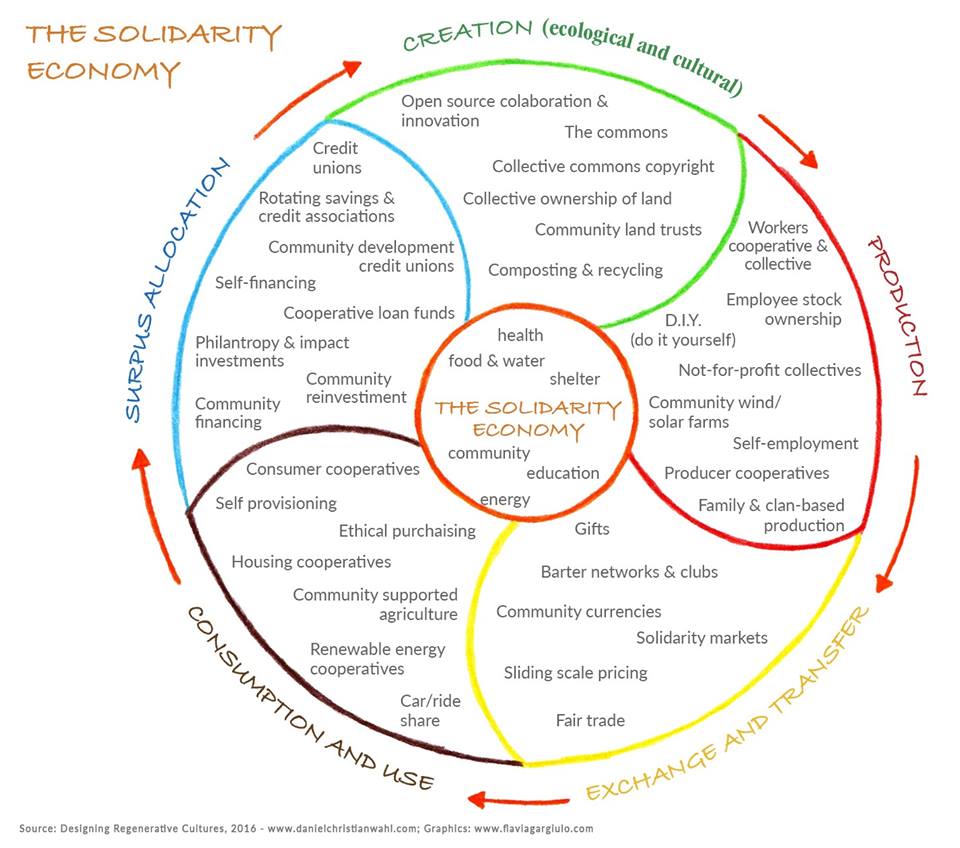There are important similarities and differences between communalism and syndicalism. Syndicalism proposes the means and the ends of radical trade unionism towards the creation of federated networks of self managed worker cooperatives that directly democratically manage the economy. Communalism proposes the means and ends of federated community assemblies with embedded workers’ councils that directly democratically manage the political economy. Both theories and practices advocate for the means and ends of participatory democracy through organization and struggle. They both have different focuses for the prefiguration of that democracy (syndicalism focusing on a general union of workers and the workforce and communalism focusing on the community) and different ideal formal structures of social relations (syndicalism focused on radical unionism and workers’ councils and communalism based on integrated communal councils with embedded workers’ councils). Continue reading
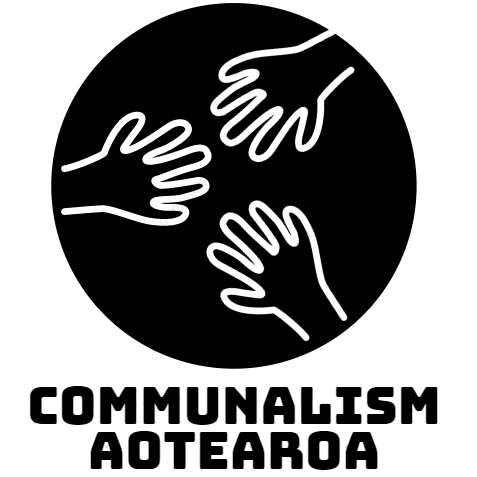
Tēnā tātou!
Te Kaupapa Pāpori – Communalism Aotearoa – is a new political project in the South Pacific. Are you interested in Social Ecology, Communalism and libertarian municipalism? Do you want to be involved in establishing a new group in Aotearoa? Get in touch: communalism(at)riseup[dot]net
Archives
- May 2024 (1)
- March 2022 (1)
- April 2020 (1)
- January 2020 (1)
- December 2019 (1)
- May 2019 (1)
- April 2019 (1)
- March 2019 (1)
- December 2018 (1)
- November 2018 (1)
- October 2018 (1)
- September 2018 (2)
- August 2018 (1)
- July 2018 (2)
- May 2018 (2)
- April 2018 (5)
- March 2018 (5)
- February 2018 (5)
Tag Cloud
- afrin
- anarchism
- anarcho-syndicalism
- anarchy camp
- ASF
- Auckland
- bolobolo
- boxthorn
- Brian Tokar
- Climate Change
- climate strike
- Communalism
- communalism aotearoa
- crop swap
- Eleanor Finley
- Extinction rebellion
- France
- History
- Ihumātao
- Institute for Social Ecology
- Janet Biehl
- Kanaky
- Kumeu
- May Day
- Murray Bookchin
- Nandor Tanczos
- Ngahuia Murphy
- o500
- permaculture
- public meeting
- ROAR Magazine
- Rojava
- Sam Buchanan
- Social Ecology
- south pacific
- syndicalism
- taranaki
- tikanga
- ZAD

 from
from 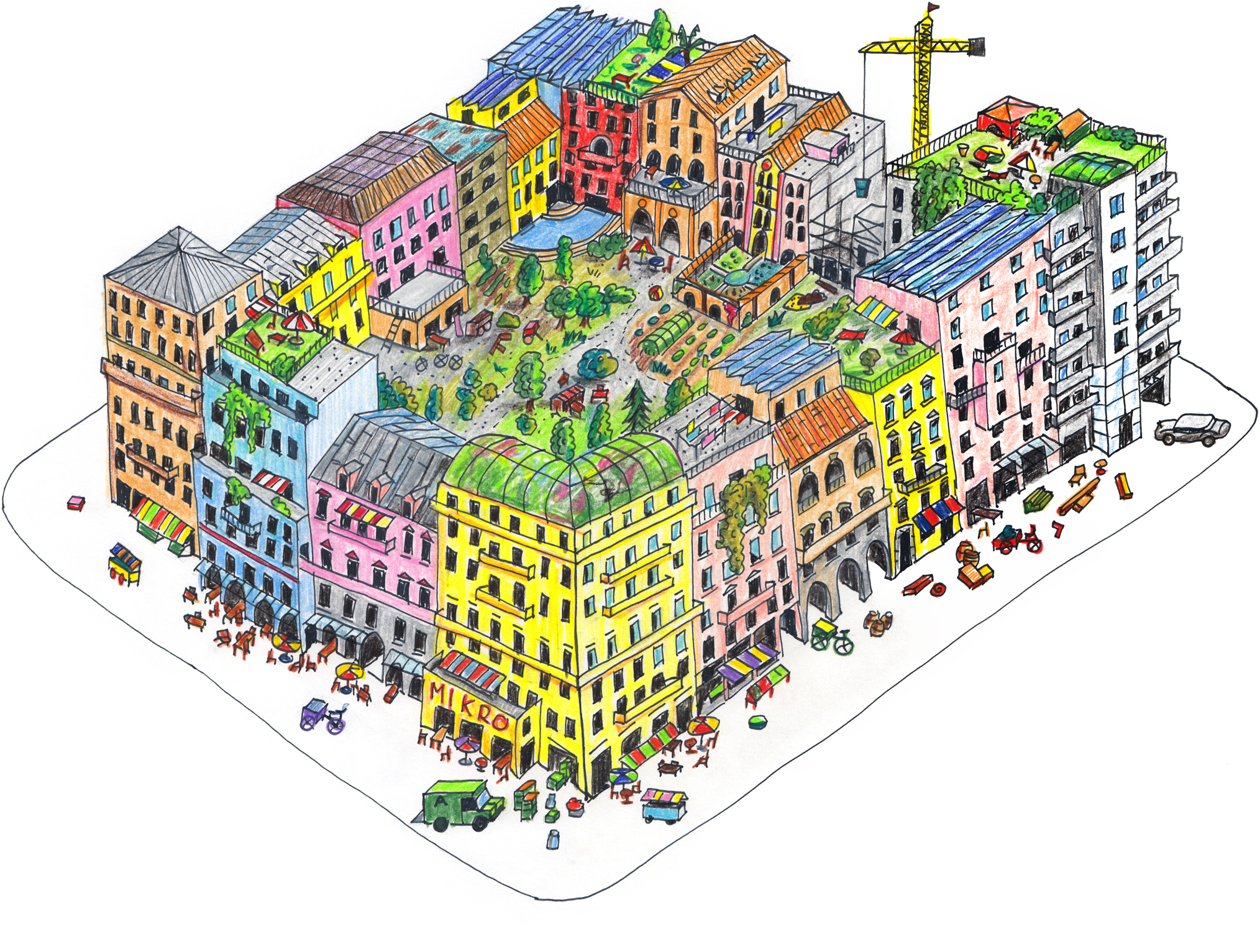 from
from 
